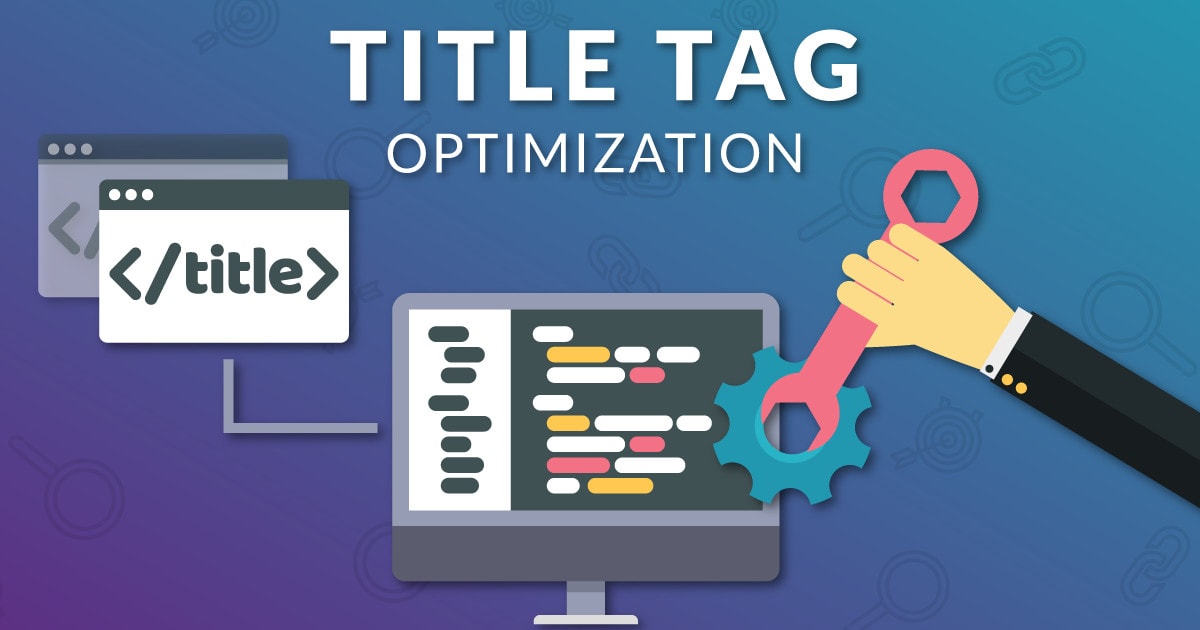How to Optimise Your Content for SEO: A Simple Checklist
How to Optimise Your Content for SEO: A Simple Checklist
When it comes to effective SEO, organic content is key, as per most Calgary SEO agencies. But what makes organic content “effective?” How do you make sure your website’s content is reaching its fullest potential in terms of SEO? In this article, we’ll walk you through a simple, step-by-step checklist for optimising your content for SEO. By the end, you’ll know how to make your content work harder for your website and your business.
What is SEO?
SEO stands for “Search Engine Optimisation”. It is a long-term marketing strategy employed in order to increase the visibility of a website or web page in search engine results pages (SERPs). Put simply, SEO is the process of optimising a website so that it appears higher up on search engine results pages for certain keywords or phrases. When someone conducts a search query, the search engines will return a list of the websites that they believe are the most relevant to that query. By optimising your website for certain keywords and phrases, you can improve your site’s visibility and encourage more people to visit your site.
How to do keyword research
The second step, as per Calgary SEO Agency, in optimising your content for SEO is doing your research. This involves finding the right keywords to target and using them throughout your content. It’s important to find keywords that are relevant to your topic and that people are actually searching for. Luckily, there are a number of tools and strategies you can use to find the right keywords for your content. In general, there are two types of keywords you want to focus on: short-tail and long-tail. Short-tail keywords are general terms that are high in traffic but also highly competitive. Long-tail keywords are more specific, lower in traffic, and less competitive. targeting long-tail keywords can help you rank higher in search results while also attracting more qualified traffic
How to use keywords in your content
One of the most important aspects of SEO is using keywords in your content. But, it’s not enough to simply include them haphazardly. You need to use them in the right way to optimise your content for the search engines. Here are a few tips:
- Choose keywords that are relevant to your topic.
- Include them throughout your content, including in the title, headings, and body.
- Make sure they are included in the correct context and used naturally.
- Use a variety of keyword variations to cover all bases.
- Opt for long-tail keywords, which are specific and more likely to rank well.
- Keep track of where you rank for your target keywords and continue to tweak your content as needed.
How to create SEO-friendly content
Want to make sure your content is top-notch and optimised for SEO? Here are a few simple tips:
- Start by doing your research. Keyword research is essential for creating content that ranks well.
- Use keywords throughout your content, including in the title, headings, and body.
- Make sure your content is high quality and engaging—people won’t stick around if it’s not interesting.
- Write naturally, using human language. Keyword stuffing will get you nowhere.
- Optimise your images and metadata for SEO purposes.
- Reference other authoritative sources to lend credibility to your content.
- Promote your content on social media and other platforms to boost visibility.
How to measure the success of your SEO efforts
One of the most important aspects of SEO is being able to measure the success of your efforts. This way, you can track whether or not your changes are resulting in an increase in organic traffic and conversions. There are a few ways to do this:
- Use Google Analytics to track your website traffic and see which pages are performing the best.
- Use Ahrefs or Moz to see which keywords you’re ranking for and how you’re performing compared to your competitors.
- Use Screaming Frog or OnPage.org to analyse your website’s SEO health and see where you can make improvements.
To conclude,
When it comes to SEO, there’s a lot of information out there that can be overwhelming. But don’t worry – we’ve put together a simple checklist that will make it easy for you to optimise your content for SEO. Follow these tips, and you’ll see an improvement in your search engine rankings in no time.









